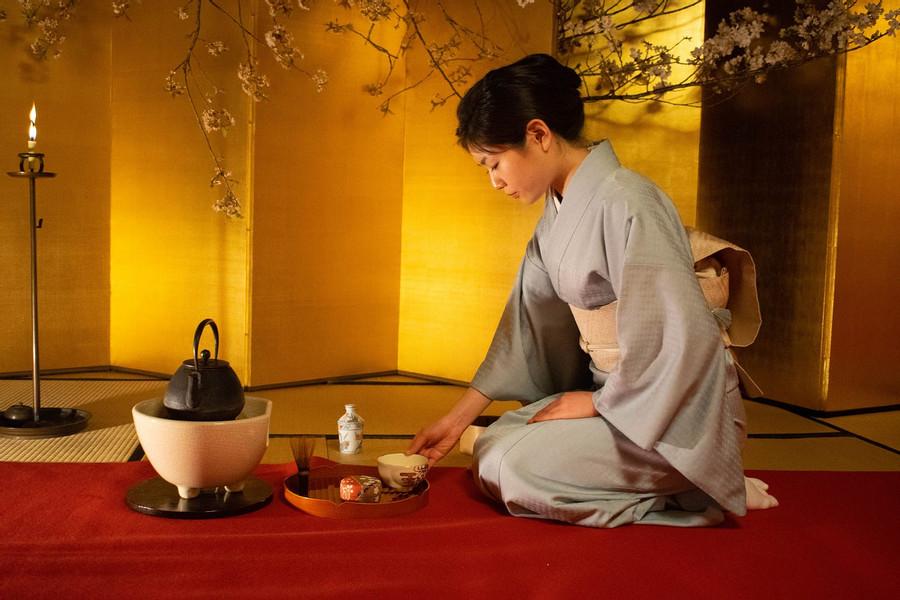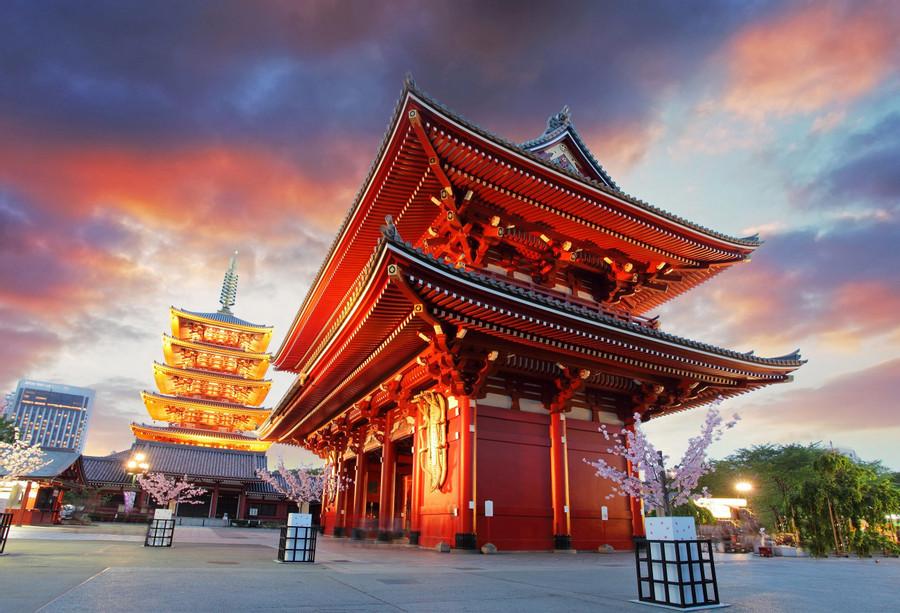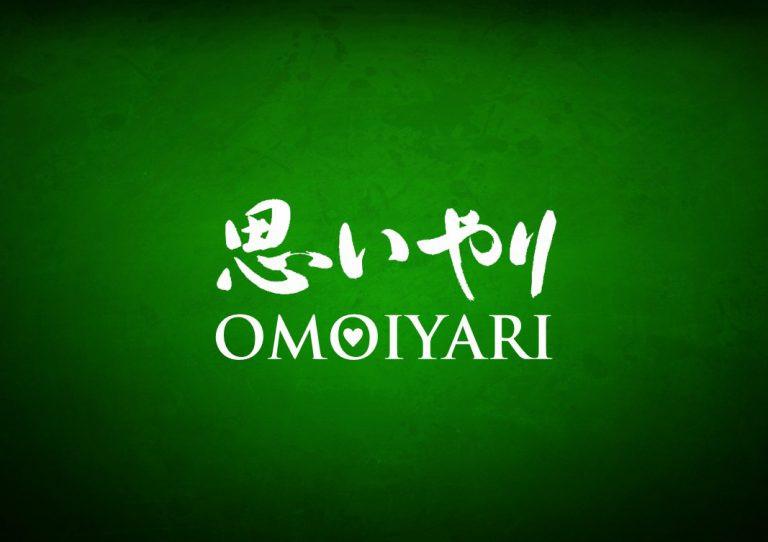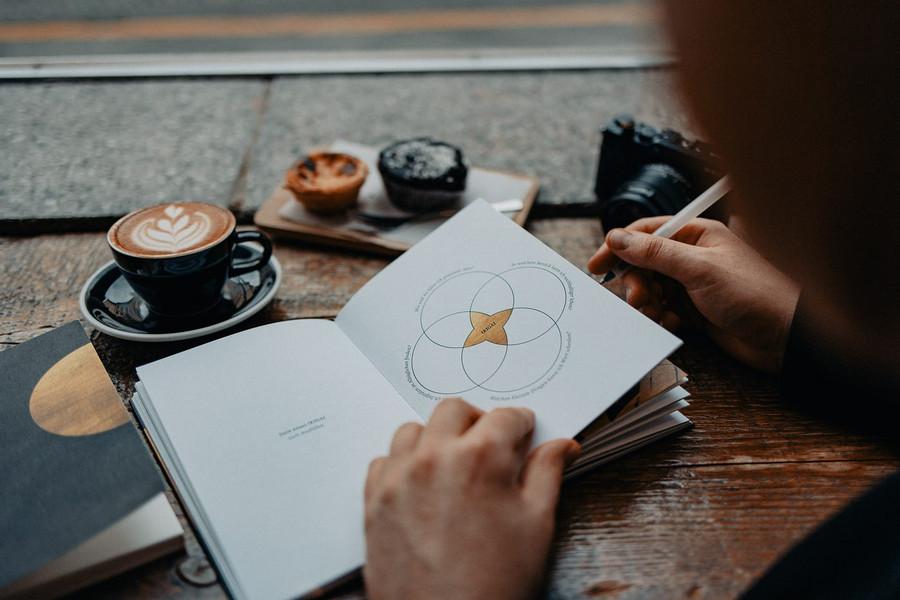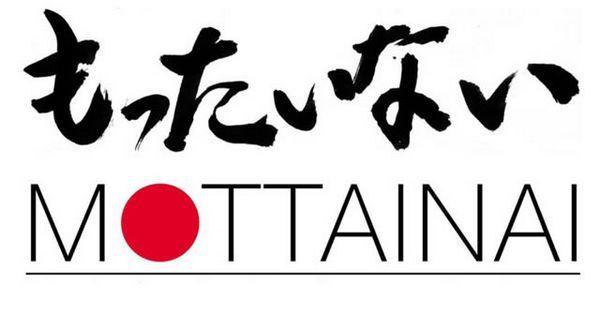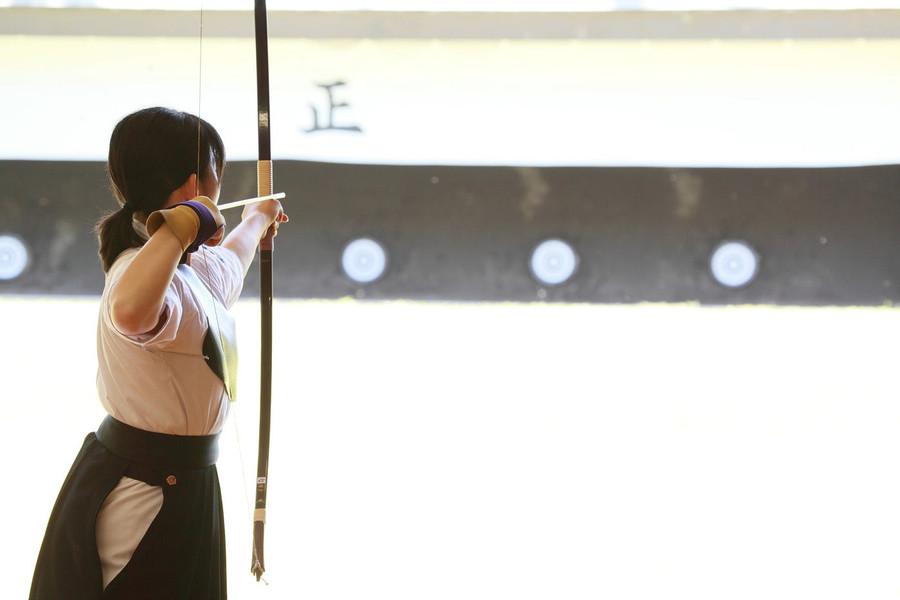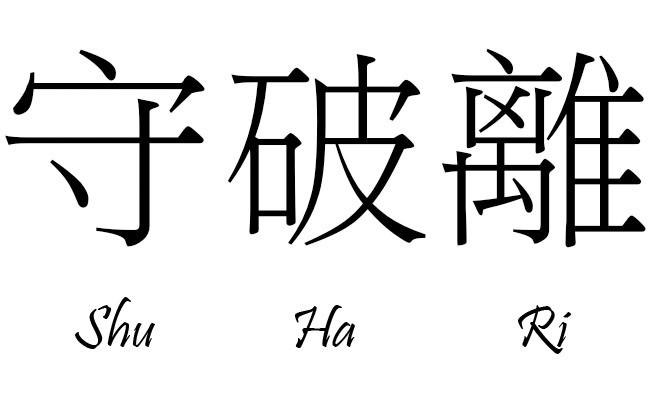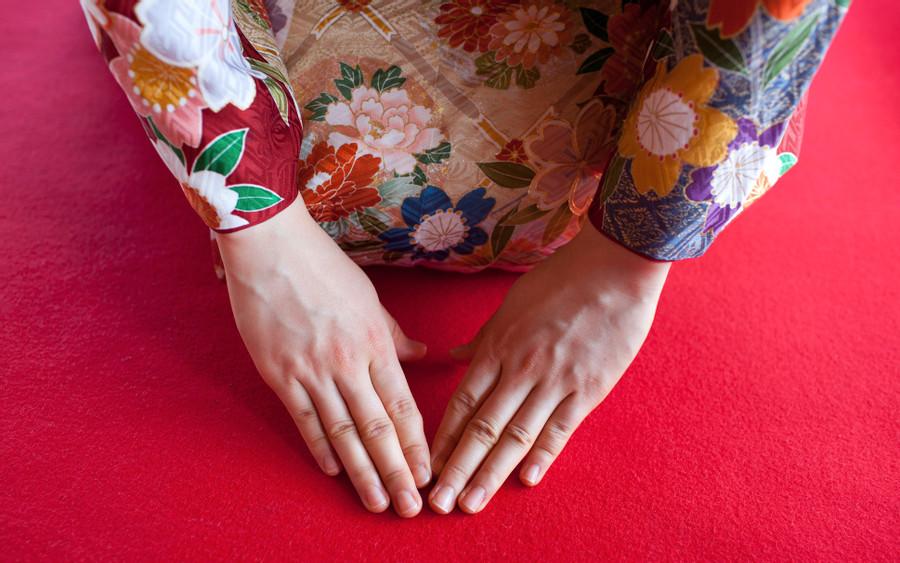10 Japanese Concepts For Self-Improvement and a Balanced Life
Curated from: betterhumans.pub
Ideas, facts & insights covering these topics:
12 ideas
·28.4K reads
193
3
Explore the World's Best Ideas
Join today and uncover 100+ curated journeys from 50+ topics. Unlock access to our mobile app with extensive features.
Japan: Learning About A Holistic Life
The Japanese culture is rich and benevolent.
We can make use of some of the concepts listed below to gain perspective in life and appreciate the holistic beauty and humanity imbibed in the surprising country.
386
4.36K reads
Key Takeaways
- Omoiyari: embed compassion in your life, work, and product design.
- Ikigai: live with purpose and passion.
- Wabi-sabi: be grateful, see beauty in imperfection.
- Mottainai: embrace essentialism, and live sustainably.
- Shin-Gi-Tai: keep a healthy body and a sound mind. They are the path to mastery.
- Shu-Ha-Ri: learn the basics. Imitate, then innovate.
- Kaizen: embrace change and strive for small and continuous improvements.
- Mono no aware: detach from material things, outcomes, and old beliefs.
- Omotenashi: give without expecting a reward. The world gives to the givers.
- Ho-Ren-So: over-communicate.
651
3.93K reads
Omoiyari
Omoiyari means caring and showing sincere consideration for others.
Japanese fans made the headlines in 2018 when they tidied up a football stadium after the game.
Omoiyari is also manifested in the designs of products. For example, Japanese hi-tech toilets have a warm seat, washer, and a sound to cover those ‘unpleasant’ noises.
Practicing omoiyari is said to help build compassion and empathy toward others.
412
2.84K reads
Ikigai
Ikigai is the Japanese term for the state of well-being induced by devotion to enjoyable activities, which leads to a sense of fulfillment, according to Japanese psychologist Michiko Kumano.
It is said that in Japan, people who have a purpose in life live longer.
Your ikigai is what gets you up every morning and keeps you going.
437
2.51K reads
Wabi-sabi
Wabi-sabi is a concept that encourages us to embrace our imperfections and accept the natural cycle of life.
Everything in life, including us, is in a state of flux. Change is the only constant, everything is transient, and nothing is ever complete.
By practicing wabi-sabi, we are taught to be grateful and accepting and strive for excellence rather than perfection.
430
2.31K reads
Mottainai
Mottainai means respecting the resources we have, not wasting them, and using them with a sense of gratitude.
Uniqlo uses “Mottainai: Old Clothes, New Life” to achieve zero waste.
The concept invites us to be grateful and intentional about our actions and think of ways to help make this world more sustainable.
413
2.13K reads
Shin-Gi-Tai
Shin-Gi-Tai translates as “mind, technique, and body.”
Mind, technique, and body are the three elements for maximum performance used in martial arts.
The framework can also be applied to building habits. The framework can be mapped to the Fogg Behavior Model, which is expressed as a short formula: Behavior = Motivation (Mind), Ability (Technique), and Prompt (Body).
A healthy body and a sound mind are the foundation for developing and refining any skills.
420
1.97K reads
Shu-Ha-Ri
Shu-Ha-Ri translates as “follow, breakaway, and transcend.”
It is a way of thinking about how to learn and master a technique. There are 3 stages to acquiring knowledge:
- Shu: learn the basics by following the teaching of one master. Imitating the work of great masters also falls in this stage.
- Ha: start experimenting, learn from masters, and integrate the learning into the practice.
- Ri: This stage focuses on innovation and adapting the learning to different situations.
Imitate, then innovate. You may want to check Clark Terry’s formulation of this model: Imitate, Assimilate, Innovate.
443
1.81K reads
Kaizen
Kaizen is a method of continuous improvement based on the theory that small, ongoing positive changes can be significant.
Kaizen reminds us to let go of assumptions and perfectionism. It teaches us to take an iterative, progressive approach to change.
This concept is vital to instill good habits and achieve excellence.
424
1.76K reads
Mono no aware
This concept describes having empathy towards things and their inevitable passing.
This concept reminds us that nothing in life is permanent. We should willingly and gracefully let go of our attachments to transient things.
405
1.75K reads
Omotenashi
Christel Takigawa, the ambassador for the Tokyo 2020 bid, popularized this concept in her speech to the International Olympic Committee.
The concept is all about offering the best service without expecting a reward. It’s an important part of Japanese culture and deeply rooted in how Japanese society functions.
399
1.54K reads
Ho-Ren-So
Ho-Ren-So translates as “report, inform, and consult.”
The concept forms the basis of all communication, collaboration, and healthy information sharing in a Japanese organization. It focuses on the roots of the communication line, streamlining the flow of information, and preventing issues from happening again.
The Japanese argument is that the Ho-Ren-So, through collaboration and communication, strengthens subordinate employee relationships and provides a platform for the subordinate to learn from their superior.
396
1.53K reads
IDEAS CURATED BY
CURATOR'S NOTE
Learning Life From the Japanese
“
Lily 's ideas are part of this journey:
Learn more about personaldevelopment with this collection
How to build trust and respect with team members
How to communicate effectively
How to motivate and inspire others
Related collections
Similar ideas
12 ideas
6 Japanese Concepts That Can Change Your Life
yourtango.com
10 ideas
Some Amazing Concepts of Japanese Culture!
linkedin.com
4 ideas
4 Japanese Concepts That Inspire Our Daily Lives
consciousmagazine.co
Read & Learn
20x Faster
without
deepstash
with
deepstash
with
deepstash
Personalized microlearning
—
100+ Learning Journeys
—
Access to 200,000+ ideas
—
Access to the mobile app
—
Unlimited idea saving
—
—
Unlimited history
—
—
Unlimited listening to ideas
—
—
Downloading & offline access
—
—
Supercharge your mind with one idea per day
Enter your email and spend 1 minute every day to learn something new.
I agree to receive email updates

